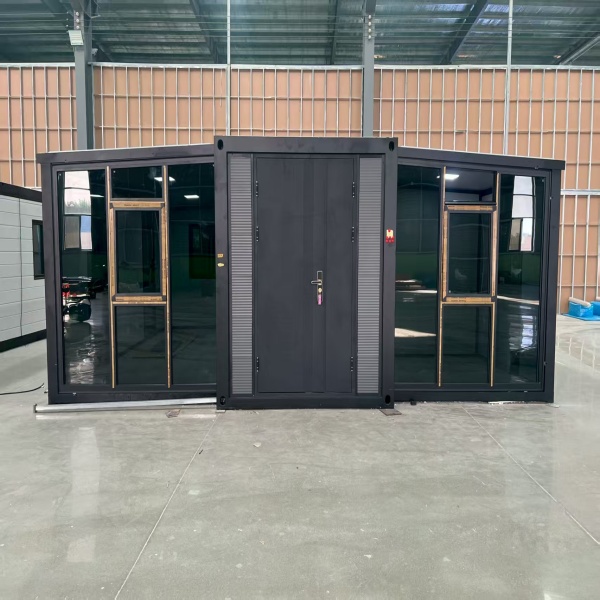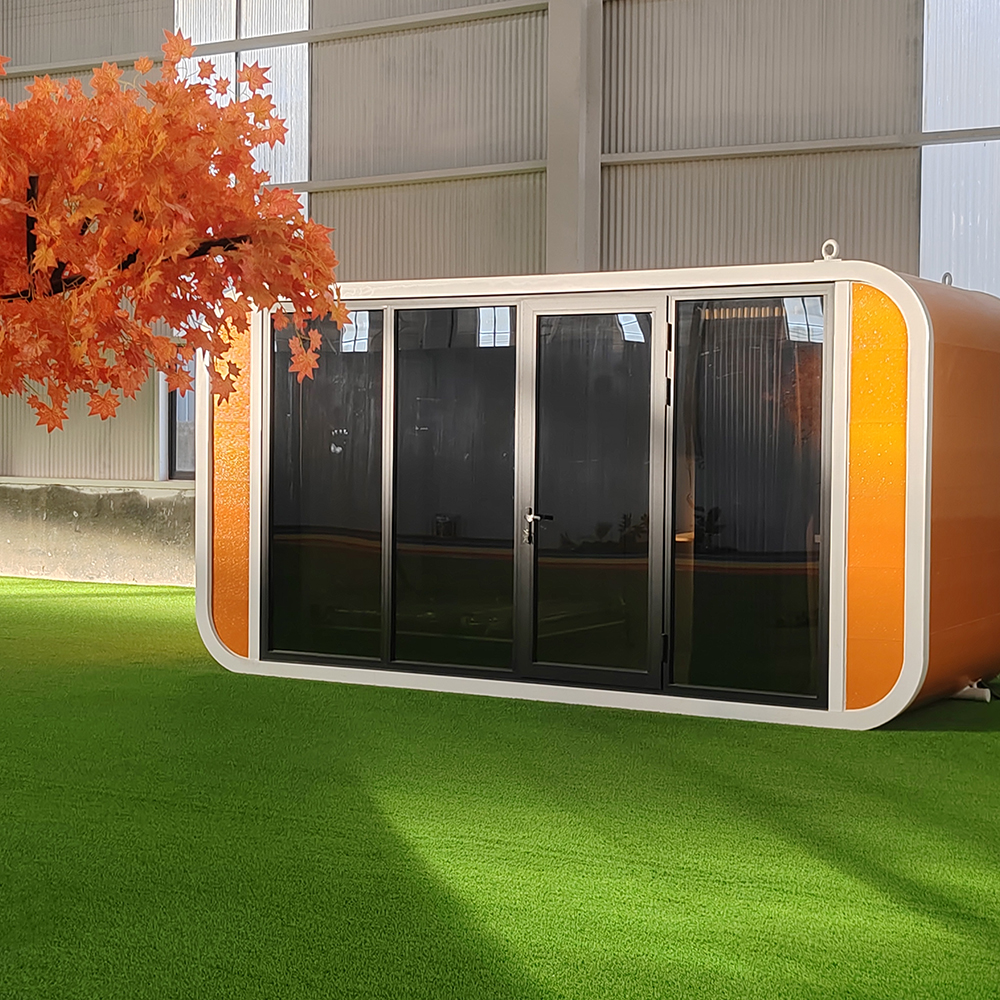-
E-mail
Austin120521@outlook.com -
E-mail
sales@jujiuhouse.com -
Telephone
+86-17864099991 -
Telephone
+86-17854044442
- Chinese
- French
- German
- Portuguese
- Spanish
- Russian
- Japanese
- Korean
- Arabic
- Irish
- Greek
- Turkish
- Italian
- Danish
- Romanian
- Indonesian
- Czech
- Afrikaans
- Swedish
- Polish
- Basque
- Catalan
- Esperanto
- Hindi
- Lao
- Albanian
- Amharic
- Armenian
- Azerbaijani
- Belarusian
- Bengali
- Bosnian
- Bulgarian
- Cebuano
- Chichewa
- Corsican
- Croatian
- Dutch
- Estonian
- Filipino
- Finnish
- Frisian
- Galician
- Georgian
- Gujarati
- Haitian
- Hausa
- Hawaiian
- Hebrew
- Hmong
- Hungarian
- Icelandic
- Igbo
- Javanese
- Kannada
- Kazakh
- Khmer
- Kurdish
- Kyrgyz
- Latin
- Latvian
- Lithuanian
- Luxembou..
- Macedonian
- Malagasy
- Malay
- Malayalam
- Maltese
- Maori
- Marathi
- Mongolian
- Burmese
- Nepali
- Norwegian
- Pashto
- Persian
- Punjabi
- Serbian
- Sesotho
- Sinhala
- Slovak
- Slovenian
- Somali
- Samoan
- Scots Gaelic
- Shona
- Sindhi
- Sundanese
- Swahili
- Tajik
- Tamil
- Telugu
- Thai
- Ukrainian
- Urdu
- Uzbek
- Vietnamese
- Welsh
- Xhosa
- Yiddish
- Yoruba
- Zulu
- Kinyarwanda
- Tatar
- Oriya
- Turkmen
- Uyghur

China portable folding houses for sale
Exploring the Dynamics of Portable Folding Houses from China
In recent years, China portable folding houses for sale have become a topic of interest among construction professionals and real estate developers. With their promise of flexibility and cost-effectiveness, these structures have made their way into both residential and commercial spheres globally. Of course, while the benefits are clear, there are some misconceptions and practical considerations that deserve a closer look.
The Rise of Portable Folding Houses
The concept of portable folding houses isn't entirely new, but its application and scope have drastically evolved, especially in China. Companies like Shandong Jujiu Integrated Housing Co., Ltd. are shaping the industry by integrating research and development, pushing the boundaries of what's possible. Their offerings, which are detailed at their website, showcase a range of products from packing box rooms to light steel villas.
Despite their growing popularity, there is a common misconception that these structures are only suitable for temporary or low-end use. In reality, advancements in design and materials have made them viable options for permanent installations as well. Features such as improved insulation and customizable designs have expanded their appeal.
However, one must consider the logistical challenges. Transporting and setting up a portable folding house can be more involved than initially anticipated. This isn't just about shipping a product; it's an orchestrated process that requires expertise, something that companies like Jujiu thrive in, thanks to their integrated approach to production and installation.
Practical Applications and Versatility
From emergency shelters to trendy Airbnb rentals, these houses offer vast versatility. For instance, in areas hit by natural disasters, portable folding houses can serve as quick, reliable shelters. Jujiu’s products are designed with this sort of rapid deployment in mind, combining durability with ease of assembly.
For commercial purposes, these structures are finding their place in pop-up shops, mobile offices, and even urban expansions where traditional construction methods might be impractical. Businesses appreciate the minimal disruption to daily activities and the tax benefits associated with portable structures.
There's also an emerging trend in personal use. People looking to downsize or live sustainably are turning to these solutions, drawn by the simplicity and reduced environmental footprint. The compact design, often underestimated, can be surprisingly spacious and functional.
Challenges in the Field
As with any burgeoning industry, there are challenges. Cost control remains a key consideration, especially when unforeseen complexities during setup arise. Many clients underestimate the importance of site preparation and local regulations, something companies like Jujiu mitigate by offering consultative services.
There's also the question of durability. While these structures are designed for resilience, the full spectrum of weather conditions can test their limits. It’s crucial to engage with manufacturers who offer robust after-sales support.
Moreover, buyers often desire customization, which can lead to longer lead times. Balancing bespoke needs with production schedules is a delicate process, something Shandong Jujiu is adept at navigating through its extensive design and optimization resources.
Future Prospects
Looking ahead, the demand for portable folding houses is likely to increase. Urbanization, environmental concerns, and economic factors all spearhead this growth. Companies that invest in innovative designs and sustainable practices will stand out.
There's also the technological frontier. Integrating smart home capabilities into these portable structures could revolutionize the market, offering conveniences that traditional homes may lack.
The role of companies like Shandong Jujiu will be pivotal. Their comprehensive approach — from conception to completion — ensures that they not only meet current demands but also anticipate future trends.
Key Takeaways
In summary, the world of China portable folding houses for sale presents both challenges and exciting opportunities. It’s clear that companies with robust infrastructures like Jujiu lead the charge, setting standards others will certainly follow.
For anyone considering investing in these unique structures, partnering with an experienced player like Shandong Jujiu Integrated Housing Co., Ltd., offers tangible value. It’s a journey filled with insights, innovation, and, undoubtedly, a glimpse into the future of sustainable living.
First-hand insights from those actively engaged in this space are invaluable, revealing the practicalities and potential pitfalls often overlooked in theoretical discourse.
Related products
Related products
Best selling products
Best selling products-
Two Wing Folding Expandable Container House
-
 Customized Expandable Container House Holiday Home Folding Prefab Container House with Bathroom and Kitchen
Customized Expandable Container House Holiday Home Folding Prefab Container House with Bathroom and Kitchen -
 Factory Direct Sales Office Folding Container Luxury House Living Container House
Factory Direct Sales Office Folding Container Luxury House Living Container House -
 Reasonable Price 1 Bedroom Modular Container House Folding Container Home for Villa or Apartment Use
Reasonable Price 1 Bedroom Modular Container House Folding Container Home for Villa or Apartment Use -
 A container house with a terrace and double-wing folding design, suitable for various purposes such as offices, meeting rooms, living rooms, etc.
A container house with a terrace and double-wing folding design, suitable for various purposes such as offices, meeting rooms, living rooms, etc. -
 Detachable Design Prefabricated Container House Portable Modular Office Building Folding Container House
Detachable Design Prefabricated Container House Portable Modular Office Building Folding Container House -
 Hot-selling foldable container houses, expandable prefabricated houses, suitable for office or living use, with fast delivery.
Hot-selling foldable container houses, expandable prefabricated houses, suitable for office or living use, with fast delivery. -
 Customizable Office Mobile Home with Flat Roof and Double Wing Expansion Box, Convenient Container
Customizable Office Mobile Home with Flat Roof and Double Wing Expansion Box, Convenient Container -
 A container house with a terrace and double-wing folding design, suitable for various purposes such as offices, meeting rooms, living rooms, etc.
A container house with a terrace and double-wing folding design, suitable for various purposes such as offices, meeting rooms, living rooms, etc. -
 Waterproof folding container house – mobile accommodation for campsites/scenic spots
Waterproof folding container house – mobile accommodation for campsites/scenic spots -
 Dual-Wing Folding Container House: Fast Assembly, Space-Saving & Multi-Scene Adaptable
Dual-Wing Folding Container House: Fast Assembly, Space-Saving & Multi-Scene Adaptable -
 Luxury Prefabricated Living Container House Modular Glass Tiny House Prefab Container Home Apple Cabin
Luxury Prefabricated Living Container House Modular Glass Tiny House Prefab Container Home Apple Cabin










